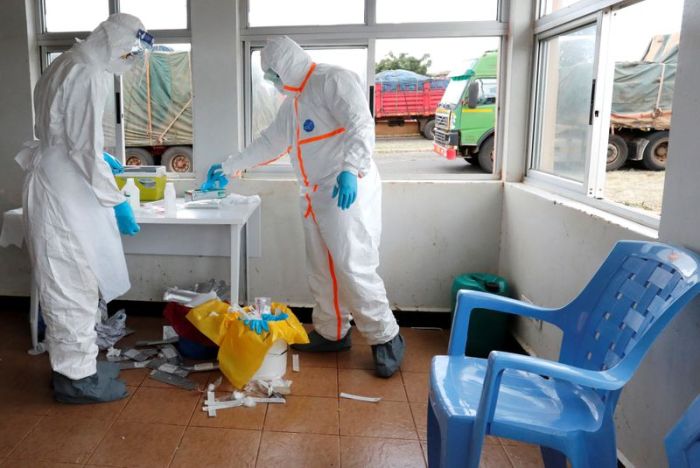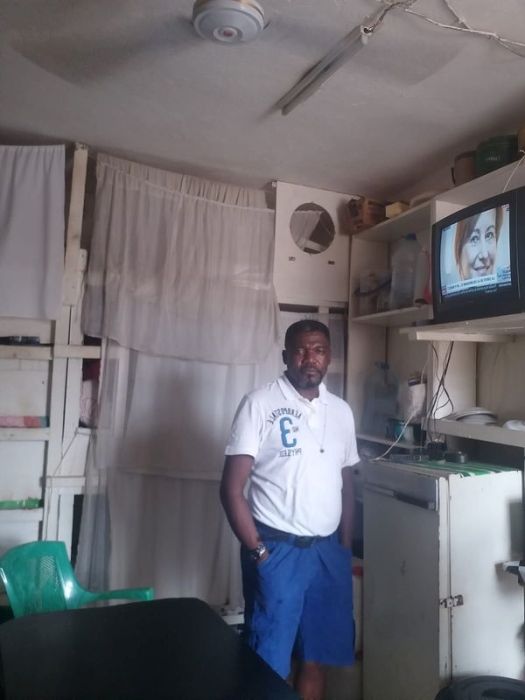MUNICH (Reuters) – German state prosecutors are investigating individuals at Wirecard <WDIG.DE> for suspected money laundering, they said on Thursday, adding to probes into alleged fraud, balance falsification and market manipulation at the collapsed firm.
The Irish Times also said the company’s offices in Dublin had been raided by police at the request of German authorities.
The implosion of what was once a $28 billion fintech giant has caused major embarrassment in Germany, with industry experts and politicians criticising the authorities for what they see as their hands-off approach and a number of missed opportunities to spot problems.
Wirecard filed for insolvency last month owing creditors almost $4 billion after disclosing a 1.9 billion euro ($2.1 billion) hole in its accounts that its auditor EY said was the result of a sophisticated global fraud.
“We are investigating suspected money laundering,” a spokeswoman for the Munich prosecutor’s office said.
She said the inquiry was directed at individuals at Wirecard after a number of criminal complaints this year and last. She did not name the individuals, nor say how many were being probed. She also did not identify the complainants.
Irish police said in a statement they began a search at a financial services provider in Dublin to obtain evidence concerning alleged fraud at the institution and its subsidiaries on the request of German authorities.
A spokeswoman for the police declined to identify the firm.
Wirecard declined to comment on the investigation and reports of the raid of its Dublin office. The Munich prosecutors also declined to comment on the reported Irish raid.
Wirecard started out handling payments for gambling and adult websites before expanding to process payments for companies including Visa <V.N> and Mastercard <MA.N>.
Some of the world’s biggest investors held its shares before a whistleblower said it owed its success to a web of sham transactions.
(Reporting by Joern Poltz; additional reporting and writing by John O’Donnell and Padraic Halpin in Dublin; editing by Edward Taylor and Mark Potter)
























